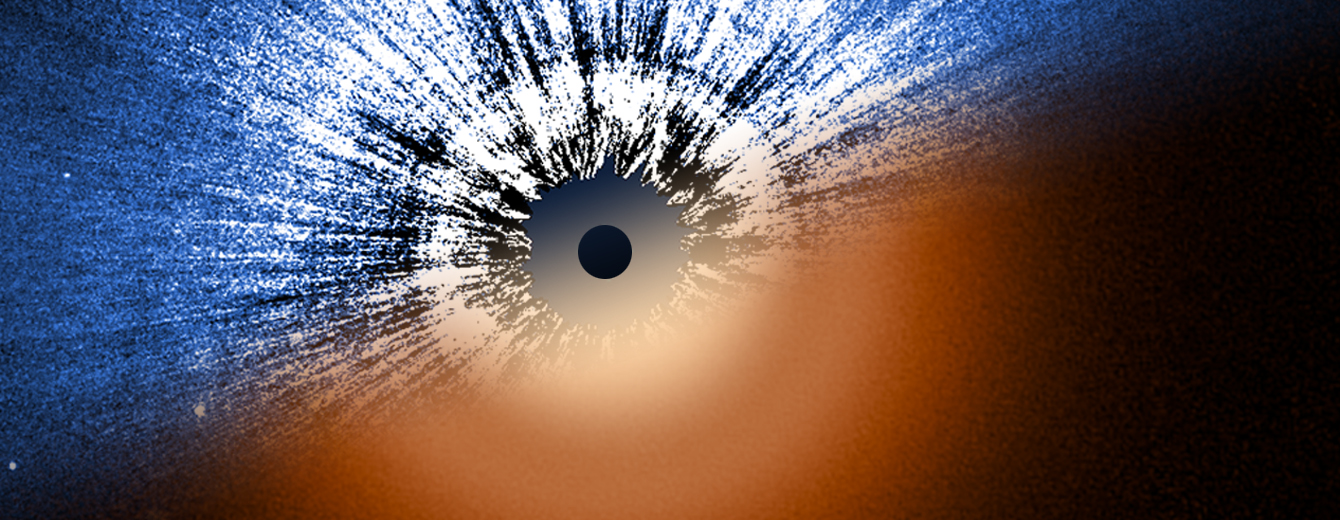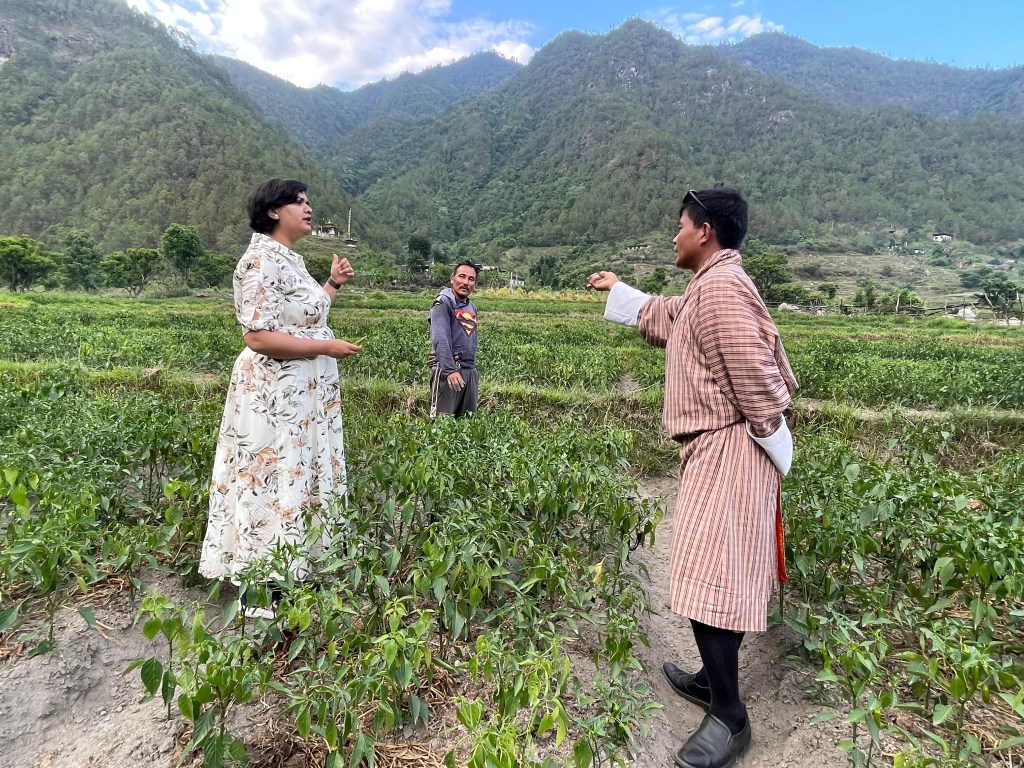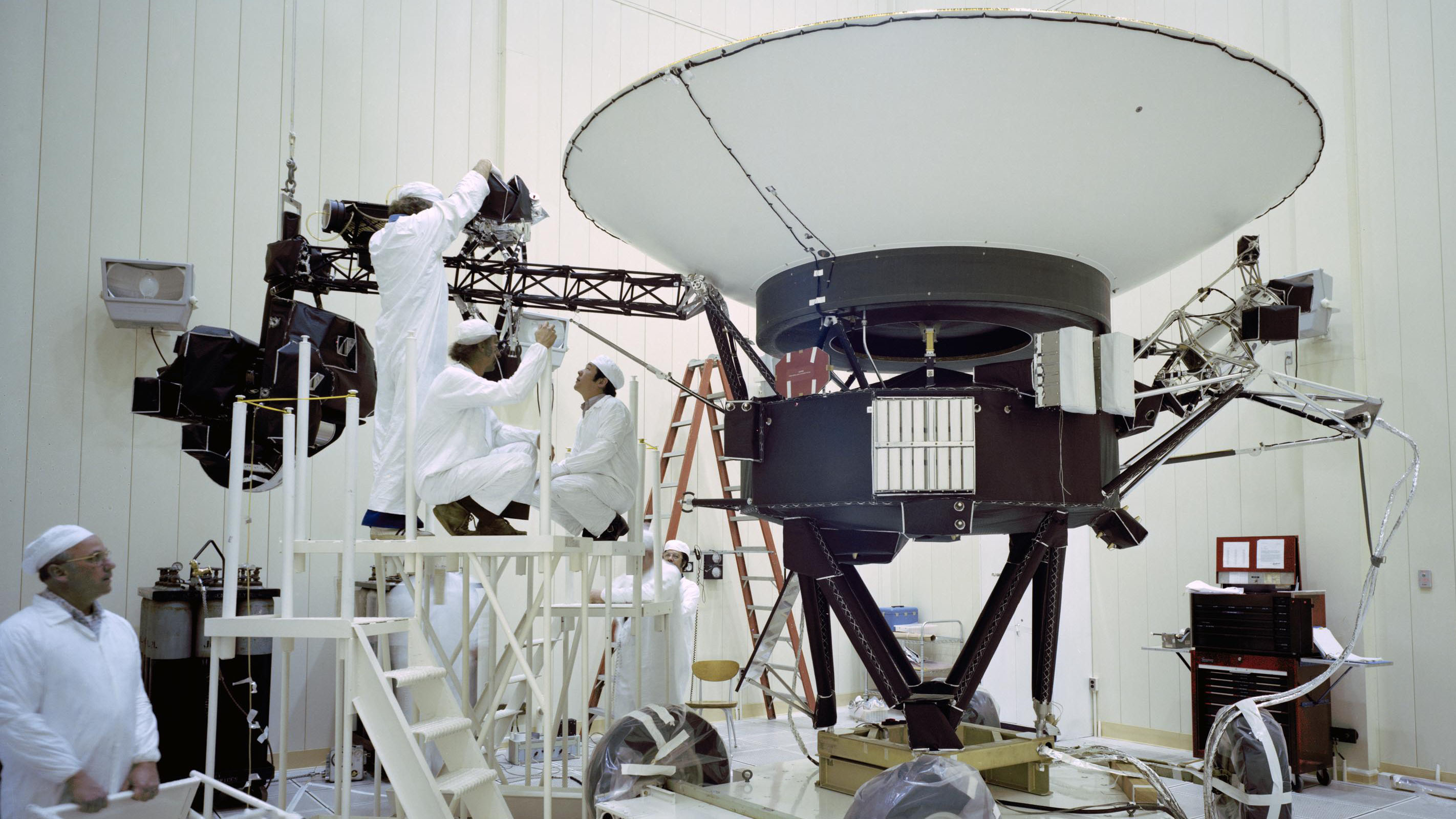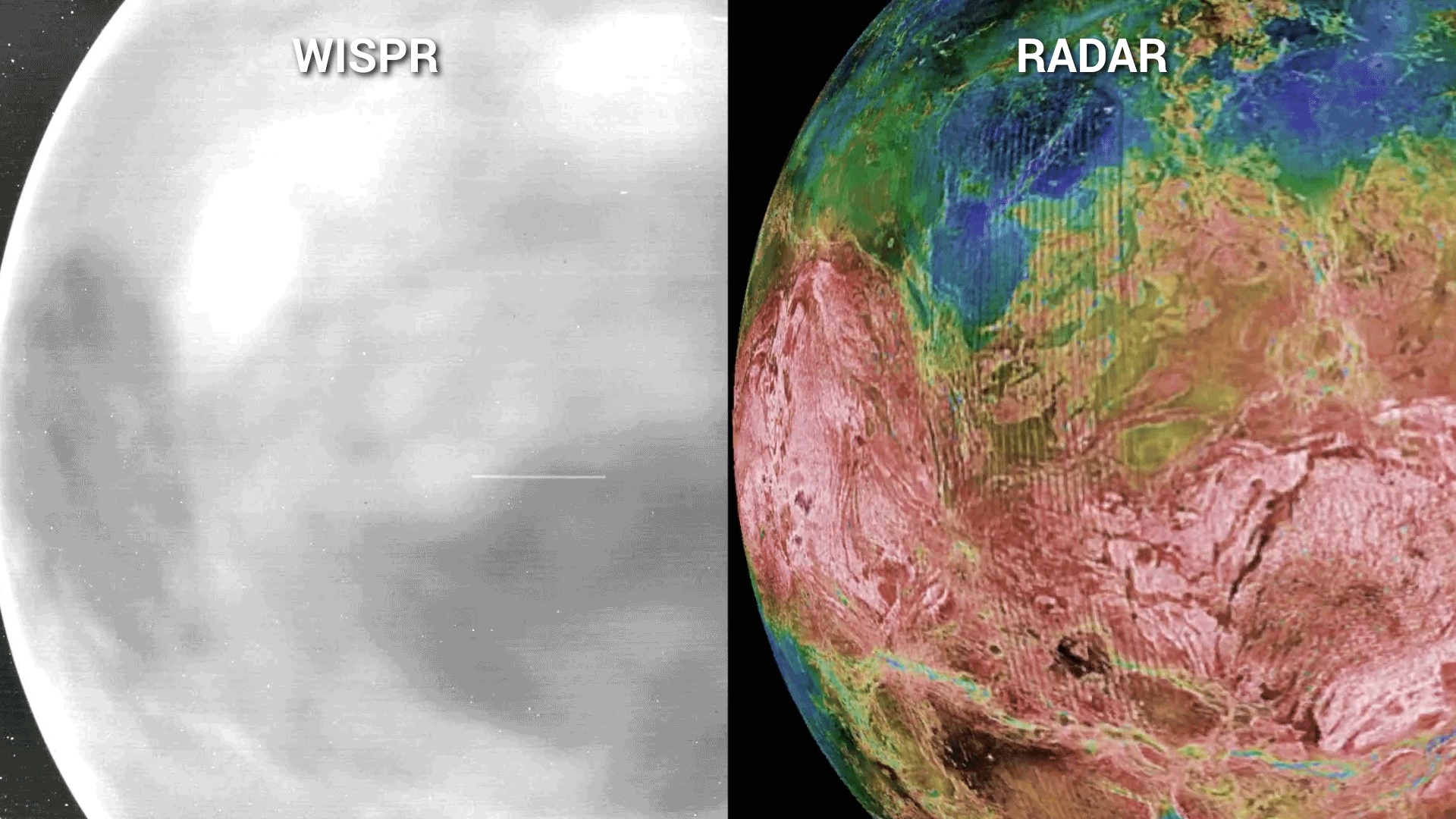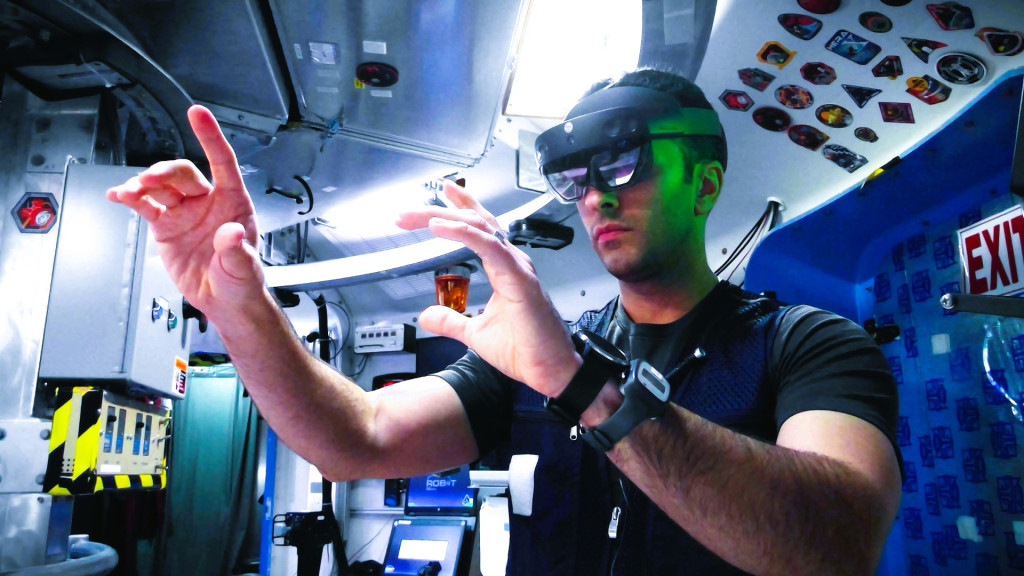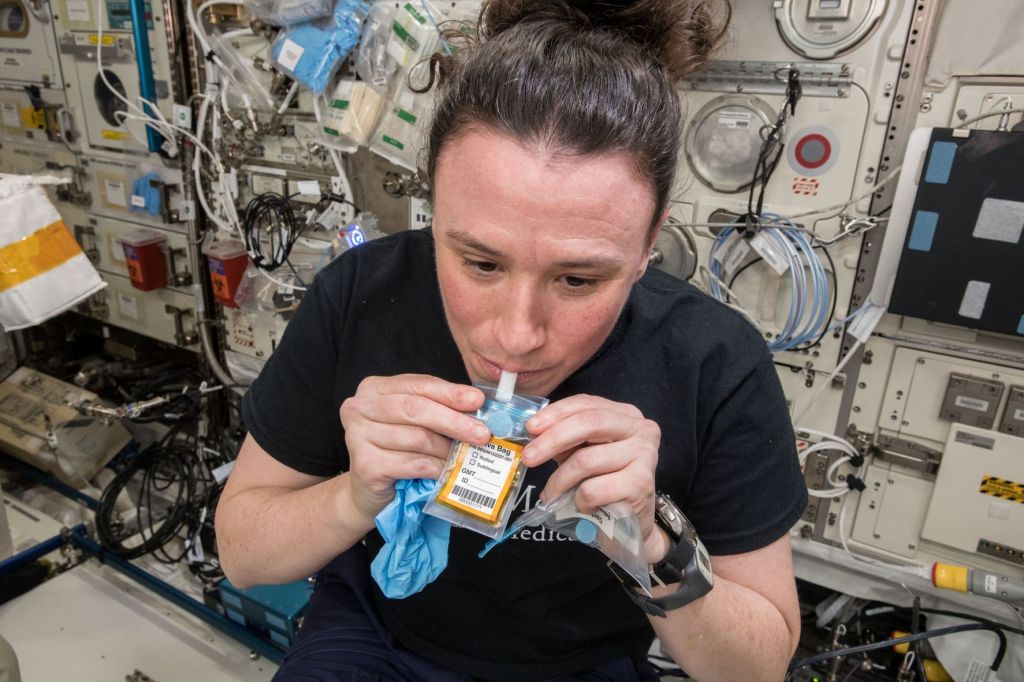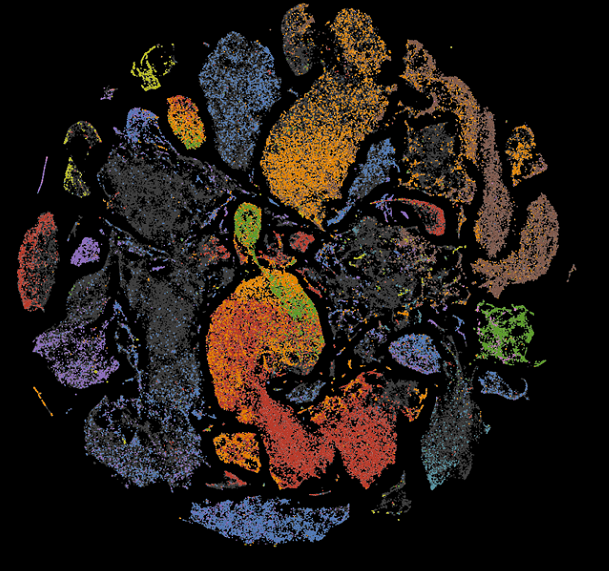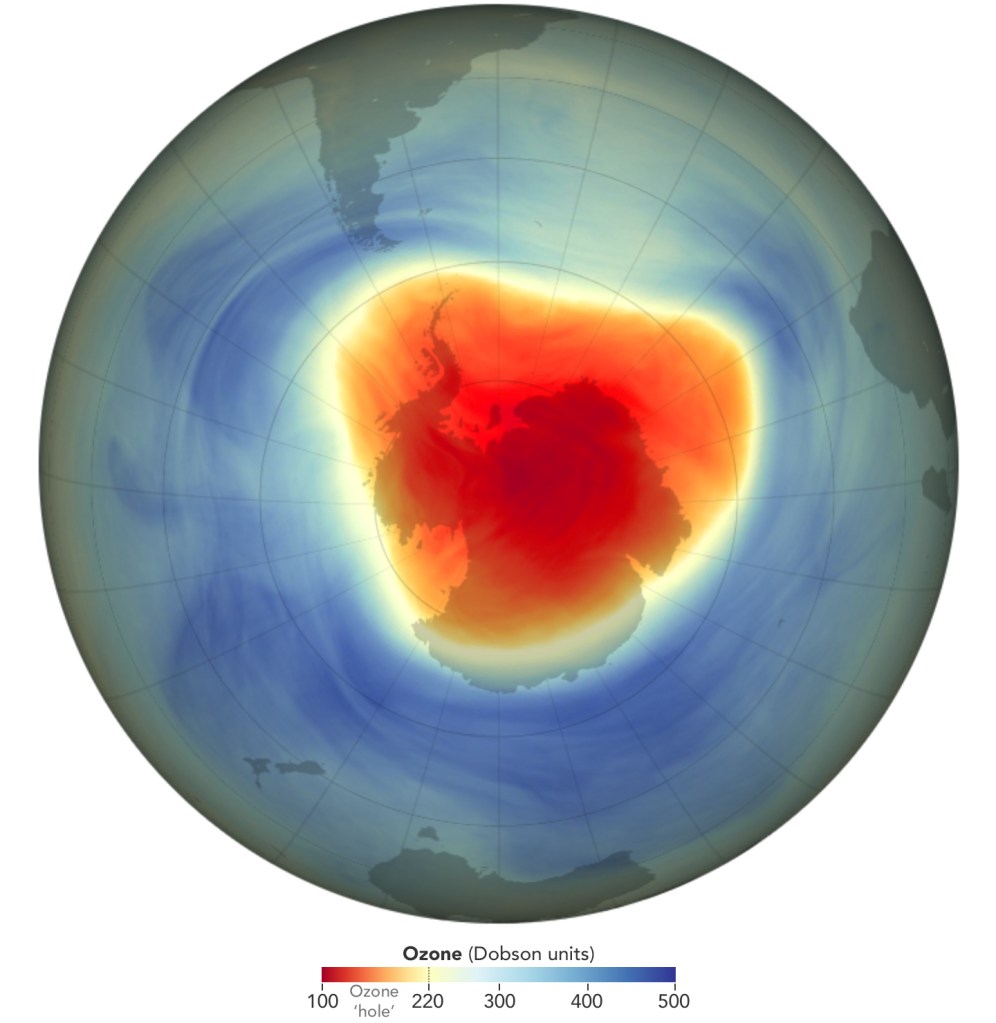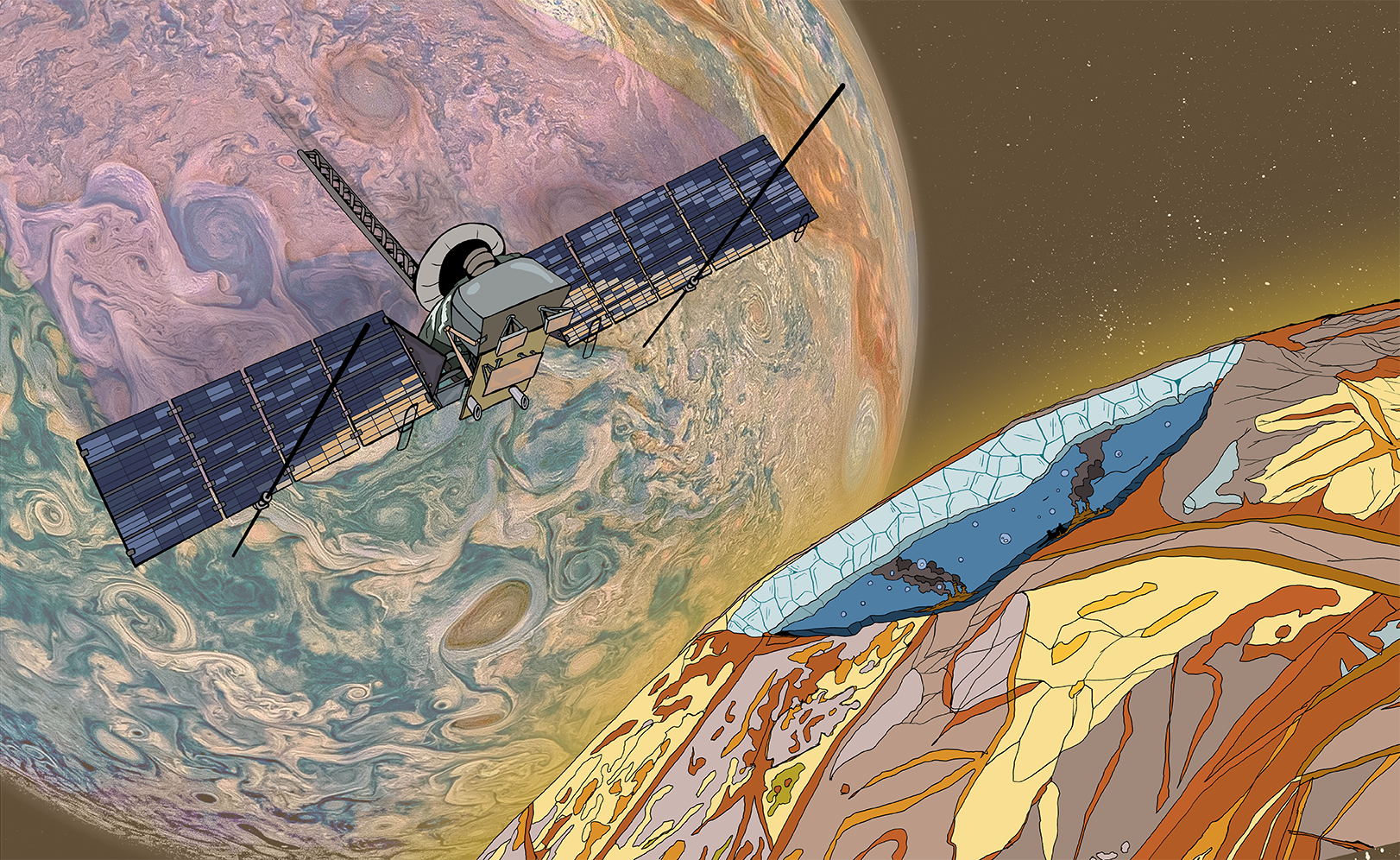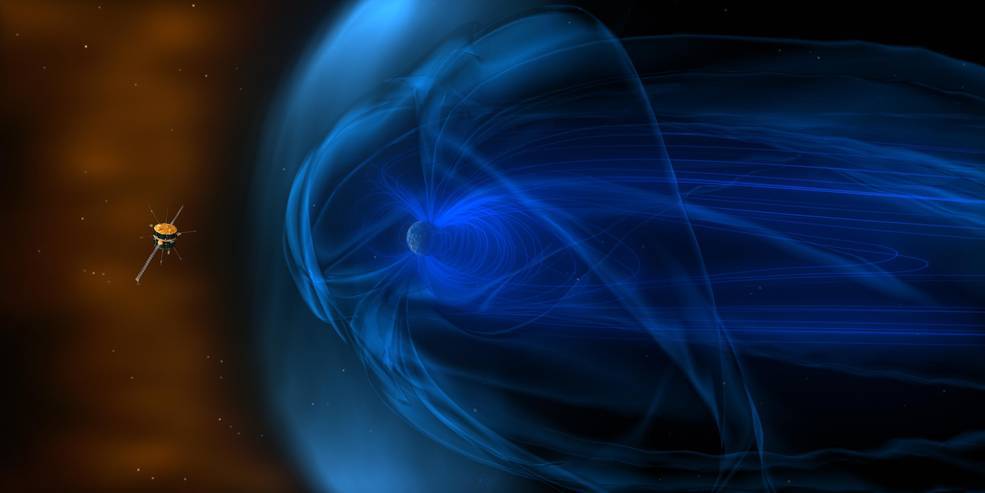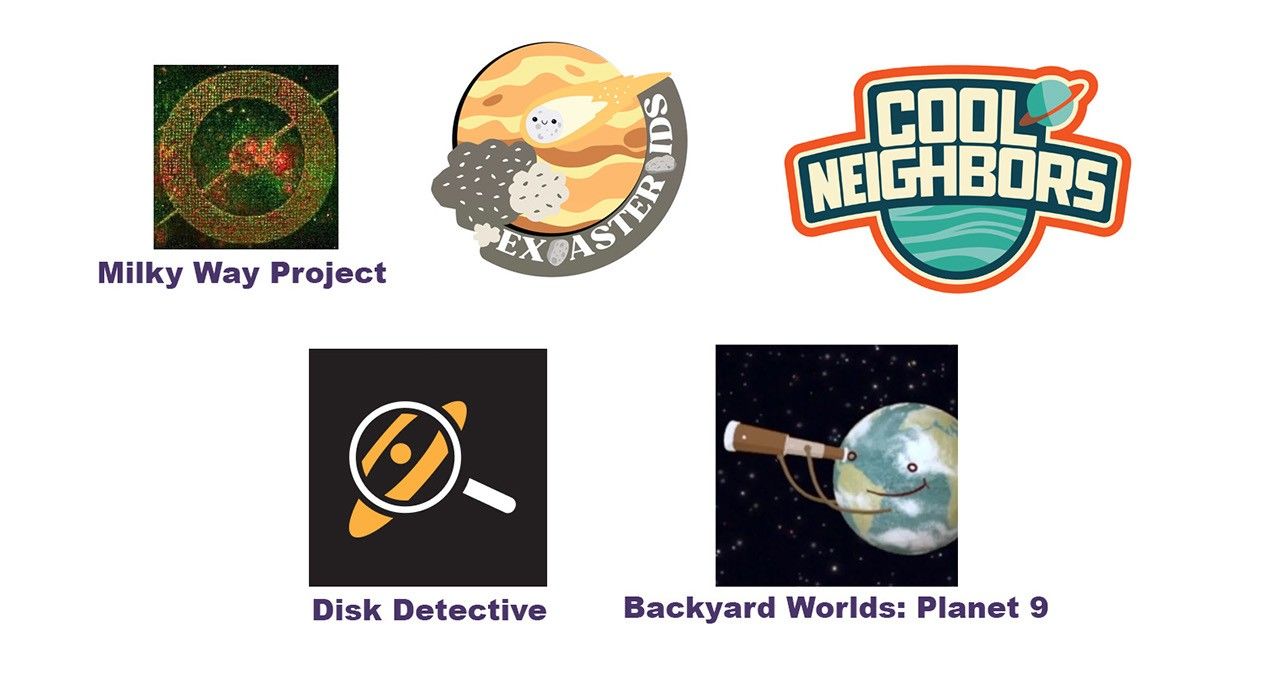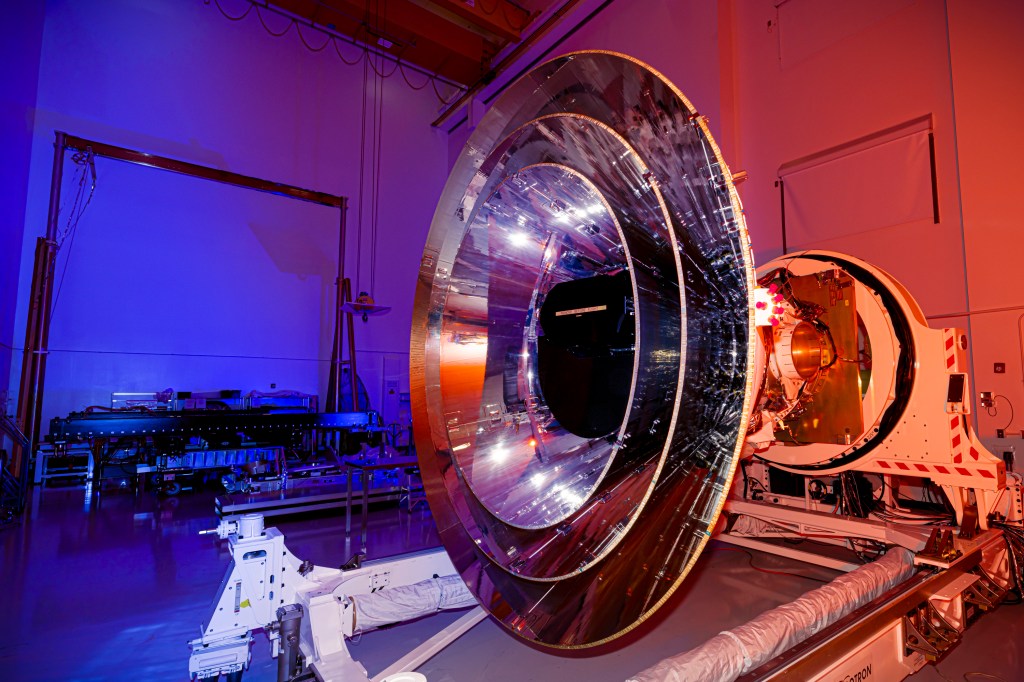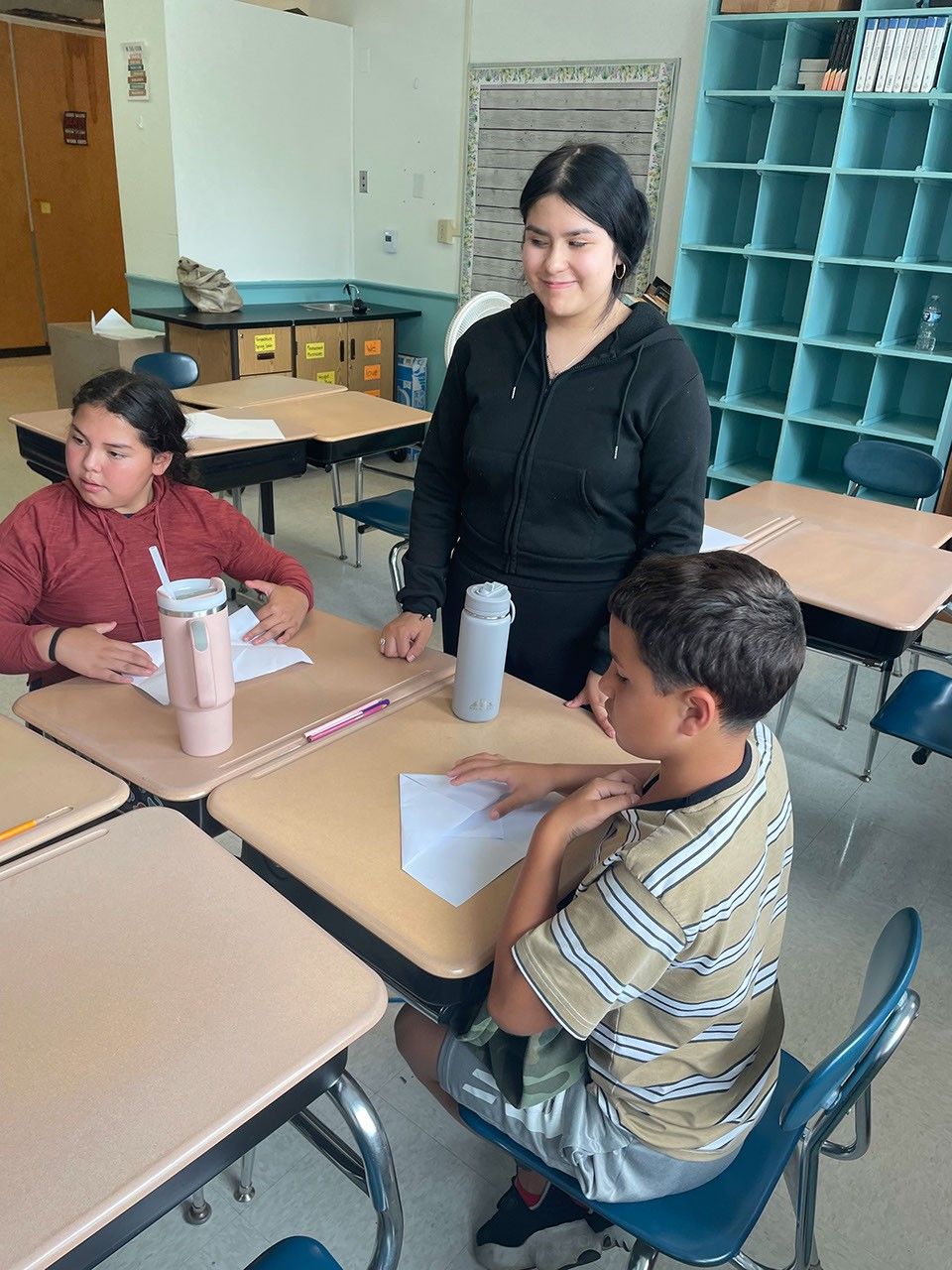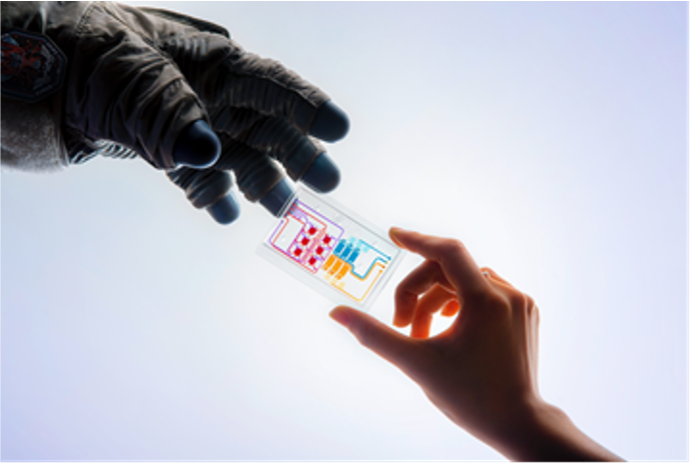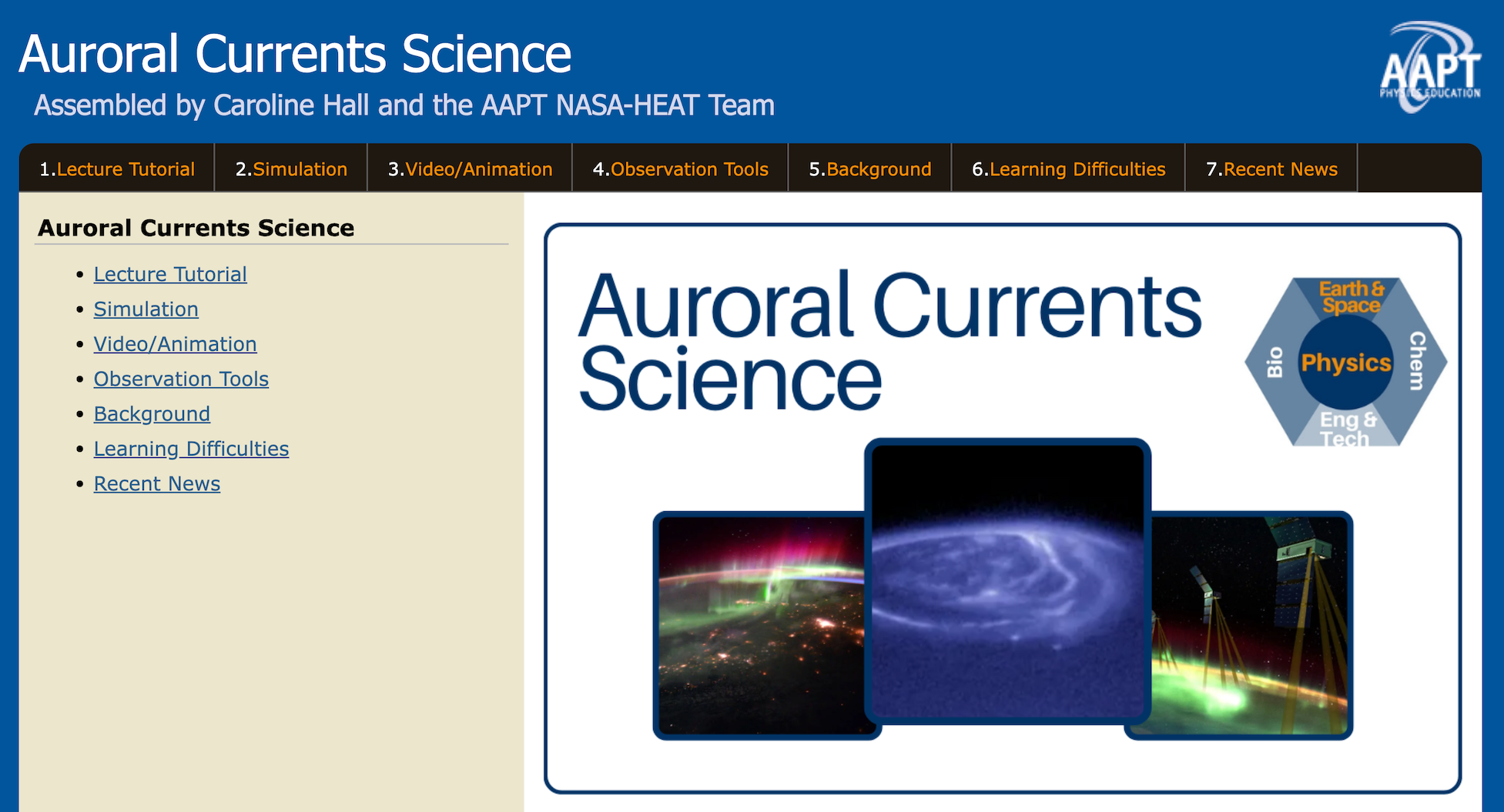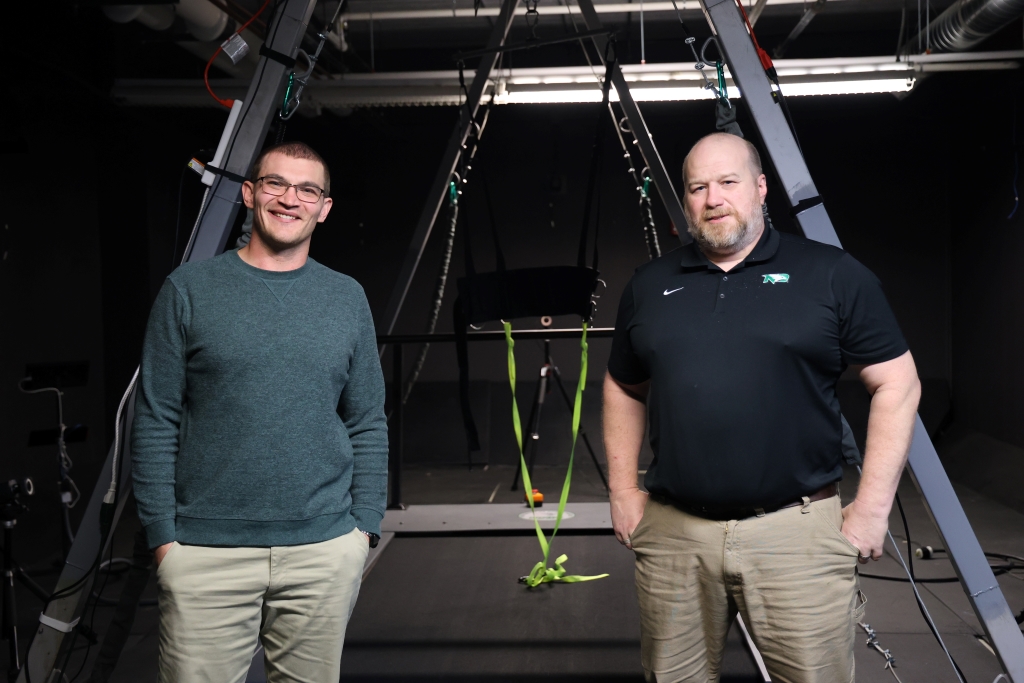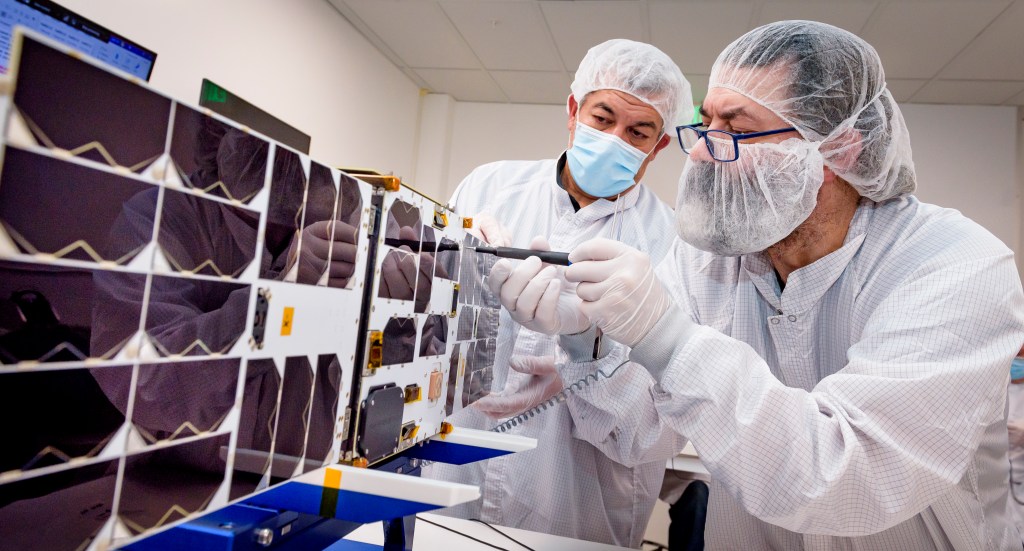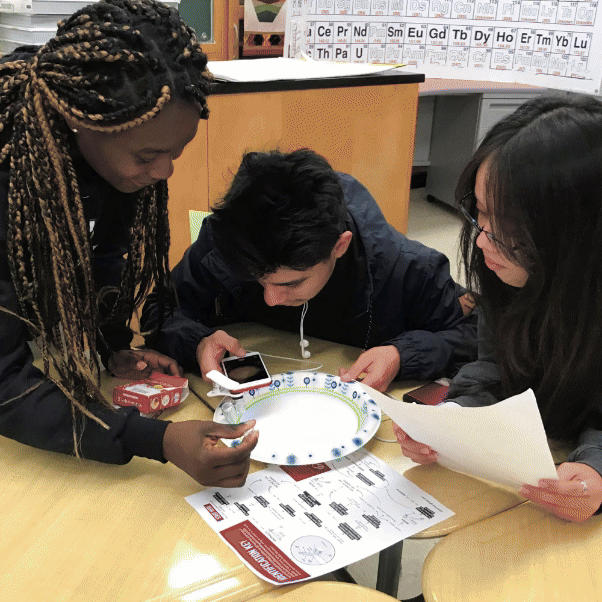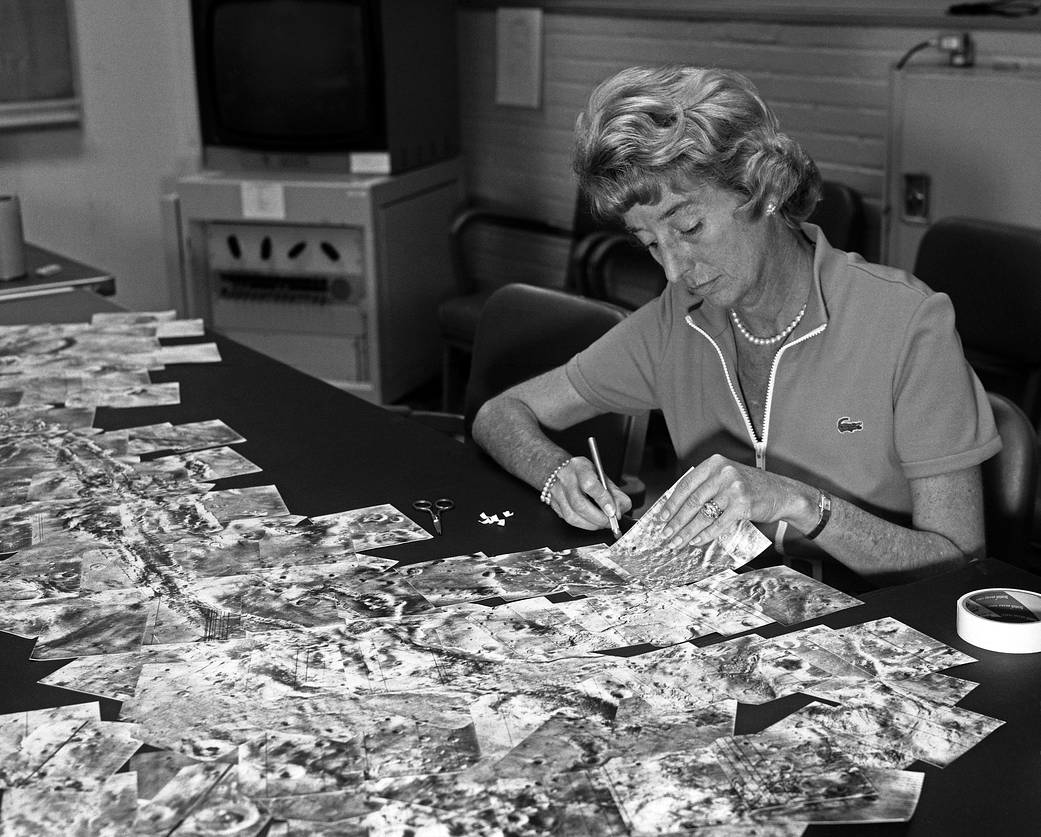In today’s digital world, we take downloading images quickly and easily for granted. Just a few decades ago downloading images from our spacecraft was not quite so simple. Before there were computers and software that could stitch together digital images, they were printed on photo paper, trimmed by hand, and taped in place on a large black board, according to a detailed diagram of the spacecraft’s photo coverage of a planet. This preliminary mosaic was then photographed and used to provide a rough view of coverage, show latitude and longitude of geographical features, and show gaps in coverage. Additional mosaics were later created with filtered, corrected and enhanced photos, and more precise scale and placement.
In this image from 1972, Patricia “Patsy” Conklin worked in the Bioscience and Planetology Section at NASA’s Jet Propulsion Laboratory. She was one of the people at JPL who assembled Mariner 9 photos into large mosaics. JPL produced 96 mosaic boards of selected areas of the Martian surface, and the United States Geological Survey created others. A photo mosaic was also created on a four-foot globe.
Image Credit: NASA/JPL-Caltech

